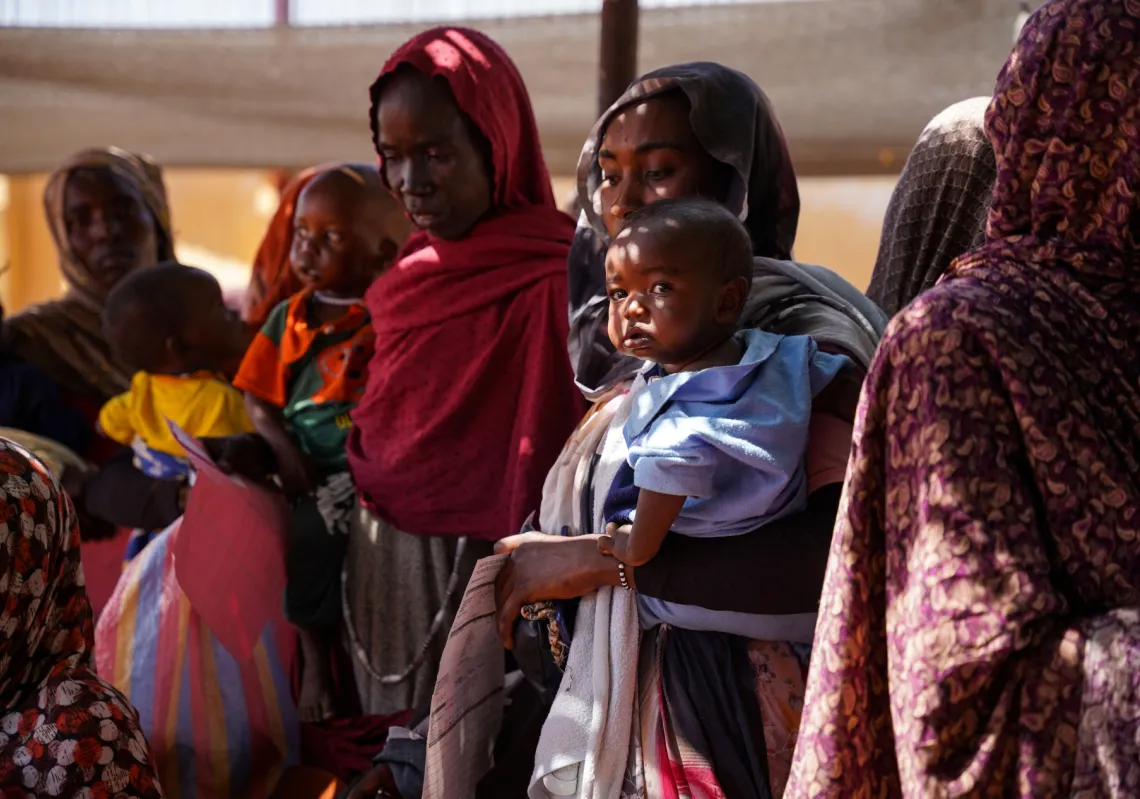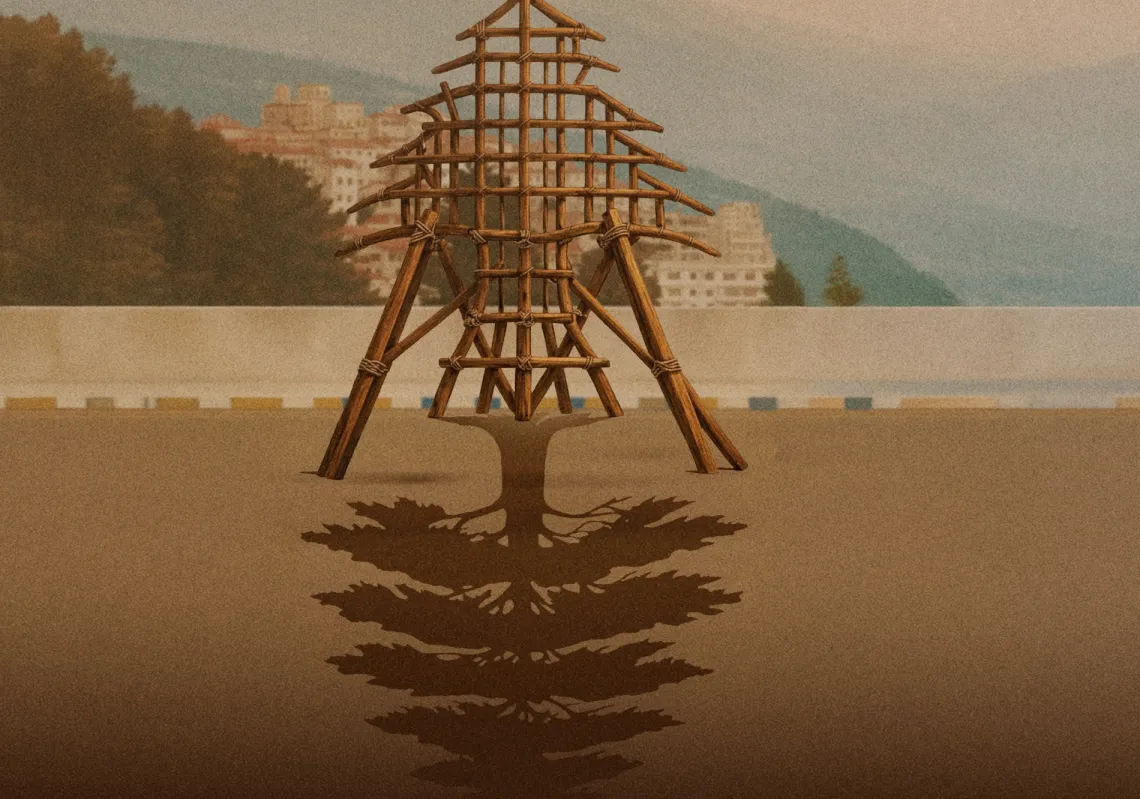To understand global energy markets is to understand the global economy, and Fareed Mohamedi knows them as well as anyone. As the head of oil market analysis and country risk for the Washington, D.C.-based PFC Energy, a leading consulting firm, Mohamedi is an expert at evaluating the investment environment for the world’s international oil companies and the political and economic factors that influence energy prices and energy production. In an interview with The Majalla, Mohamedi discussed the future of oil, the rise of China and its growing economic nexus with the Persian Gulf, and the outlook for an increasingly indebted U.S. economy.
The Majalla: How is PFC adjusting to a changing energy market?
What we’ve done is help NOCs [national oil companies, such as Saudi Aramco and Brazil’s Petrobras] come up with strategies for partnering with others and they’re listening. At the same time, the IOCs [international oil companies, such a British Petroleum and ExxonMobile] want to know about NOCs. Who are they partnering with? What are the opportunities? We always approached petrostates from the standpoint of country risk and how they deal with the foreign oil companies. But now I’m trying to interest companies beyond oil. Take Boeing, which is selling so much of its products to the emirates. A Boeing executive might want to know more about the region than what their business development managers are telling them. We’re trying to diversify our product, brand beyond oil.
The Majalla: Are you reacting to cycle trends or fundamental and long term ones?
I’m reacting to a longer term trend, though one that has been exacerbated by the cyclical trend. The future of IOCs is a very big question. About 75 percent of energy reserves are controlled by NOCs. Outside of that, decline rates are really steepening. Assets are diminishing, particularly those held by large companies. They can replace gas but they are not so successful in replacing oil. They’re running out. Let’s take decline rates starting in 2000. We noticed that those assets were declining at 3 to 5 percent a year or so, but now they’re accelerating, by 7 to 9 percent, which means in ten years you run out of oil in those assets.
The Majalla: So we’re running out of oil?
We’re not running out of oil because we’re finding more stuff. But the race becomes even more serious to avoid the end of oil because the base you’re standing on becomes more precarious. But our peak production level will never exceed 95 million to 100 million barrels a day and we’re now at 85 million to 87 million.
The Majalla: What do the Saudis say about that?
The Saudis say “look, we have invested ‘X’ billions of dollars in upstream production and we’ll provide 12 million to 13 million barrels per day. We need the money for inter-generational distribution – that means saving it – or inter-sector distribution, which means economic diversification. We can’t give more than that. Maybe we’ll consider 15 million barrels a day as capacity but right now we don’t want to go over 13 million. And look at what’s happened in the market. You say you have insecurity of supply, we have insecurity of demand. We put in all this surplus capacity in and last year we had to cut production by a million barrels a day. And we’re maintaining it for you. There is also climate change and alternative sources of fuel to consider. We have given, so don’t ask us for more.”
The Majalla: Of course, the demand trajectory will rise so long as the Chinese economy continues to grow.
We’re bullish on China. The party has reformed itself and made itself a meritocracy. That’s a big point. The second thing is that in sharp contrast to India, China has a gun to its head called the China people. It says “fine, you want to deprive us of democracy, you want to decide everything, you’d better decide and you’d better deliver.” Meanwhile, the Indian elite goes about merrily doing what it does and it says to the people in the slums, “You have no water to drink? Then go vote.” But what are they getting for it? You go through this laborious process and you end up getting a single tap.
The Majalla: Do you anticipate a revaluation of China’s currency next year?
Beijing has revalued its currency by 20 percent since 2006. This has not led to a slowdown in exports and they’re waiting to see what will happen next year on exports. They’ll do these things, but on their time and on their terms. They learned the lesson of the Japanese, when they revalued the yen too quickly and got a bubble and a crash. Revaluation is an easy thing to do and it makes people feel richer, to feel their money is going a lot further, but you have to manage things carefully to avoid an asset bubble. They need to cater to their own consumer markets.
The Majalla: How will an appreciated Chinese currency affect the developed world?
The U.S. de-industrialized, it consumed and China produced. Now we need a rebalancing. But what is the model for re-industrialization? No one else has done it. The UK went whole hog into services. Maggie [Thatcher] said “we’re going to have a supply side revolution,” and look what happened. You got a supply side revolution and it happened in the East. We got a demand-side revolution based on debt. Manchester, Birmingham, they couldn’t rebuild themselves. Can Detroit? I believe a country with a population of 300 million cannot live without an industrial sector. Services are predatory.
China also has to consume more. The model for this is Japan, but Japan never made it. Instead, the Japanese economy continued to be hugely construction-oriented, with bridges to nowhere.
The Majalla: What about South Korea? That’s a country that diversified into services and promoted consumption.
Yes, but they did it on debt. To a certain extent so has China, with its most recent stimulus package. Korea first ushered in corporate debt in the 1990s and then consumer debt in 2000 and it had a major crash.
The Asian model for growth has been incredibly effective. It’s lifted hundreds of millions of people out of poverty but its one weakness is finance. They cheat on finance. They subsidized credit, they have these sweetheart deals between banks and companies. They cheat and then they get nailed on it. Also, the Asians over-emphasize exports rather than creating a more balanced economy. There is so much pent up demand for jobs they see that as a successful model for employment. There is a famous dictum from [former Malaysian Prime Minister] Mahathir Mohammed about how growth is like a river during a flood. It obscures the rocks below and the rocks are politics.
The Majalla: What is your outlook for the Gulf economy?
Bullish. There is a whole new energy architecture being built. Recall when Franklin Roosevelt met with Saudi King Abdel Aziz bin Abdulrahman Al-Saud at Great Bitter Lake in 1945. Back then, the architecture was built by the four major U.S. oil companies that would develop the oil and the U.S. Navy to ensure its delivery to war-torn Germany and Japan. That architecture started falling apart in the 1970s and the IOCs have been moved aside. Now it’s all the NOCs.
That’s one element. The second is you’re seeing the Gulf integrating with Asia in terms of goods and services.
The Majalla: The New Silk Road?
Exactly.
The Majalla: What will be the outcome of the confrontation over Iran’s nuclear ambitions?
We will learn to live with an Iranian nuclear bomb.
The Majalla: Isn’t that destabilizing?
Have the Iranians ever done anything [beyond their sphere of influence] that was truly risky? Iran has got enormous problems at home. The elites who came in with the Islamic revolution are divided. The global elites are threatened by the lower middle class that suffered during the war and see globalization as trouble. I think the system is under as much strain as it’s ever been.
The regime had two pillars of legitimacy – democracy and religion. With the [recent and disputed presidential] election, they’ve lost one pillar and the other, religion, is being used to expand its authoritarianism.
The Majalla: Looking beyond the Middle East, what is the outlook for Interest rates? We’re in this awkward phase where some countries are raising rates and others, like the U.S., will likely be keeping them low for some time.
Our model for what’s happening in the U.S. is Japan. This is a ten-year debt work out. Our total indebtedness is 350 percent of gross domestic product when you include corporate, government, and individual obligations. Prudently, anything over 200 percent of income is bad, and we’re looking at 3.5 times. Reindustrialization is hard. There is a model in Germany, which has maintained itself as one of the largest exporters and producers of manufactured goods. We’re still no. 2 in manufacturing, but the trajectory is still headed south. As much as we hate government in this country, we need an industrial policy and we need an energy policy. It’s absurd that we’ve become so reliant on hydrocarbons. It’s also absurd that large companies like General Motors did not use their lobbies to get a national health care system. It’s this massive expense. Get it off your books. Instead, they’re doing the opposite. This country completely amazes me.
The Majalla: How does the U.S. distinguish itself in this increasingly multipolar economy? Can the America right itself fiscally without raising taxes?
I see a very inward, confused fractured and potentially populist nation, with the Republican right wing being the populist and Democrats, of all people, trying to save capitalism. The genius of George W. Bush and [his political advisor, Karl] Rove is that they figured there was this malaise in the land and they exploited it. They promised the second coming in the form of tax cuts, and it’s still going on.
How can the U.S. compete industrially in the world when we’ve so denigrated the state? The state is the best promoter of industry anywhere, from Britain to Germany to the U.S. The U.S. government still has enormous capacity. There is no other country in the world that can put a man on the moon, invade a country and maintain millions of miles of highway all at the same time. But there’s this psychology that denigrates the state, even though fifty percent of Americans get health care that is in one way or another assisted by state. It’s astounding how we live in la-la land.
The other problem is that the elites have fractured. We had two advantages during the Great Depression. We had no debt so we could inflate the economy by borrowing and also we had an elite class that represented both the northeast and the southern parts of the country and they said “let’s rebuild.” You have nothing like that now and that’s what worries me. It’s not asleep at the wheel, it’s shooting yourself in the head.
Interview conducted by Stephen Glain







